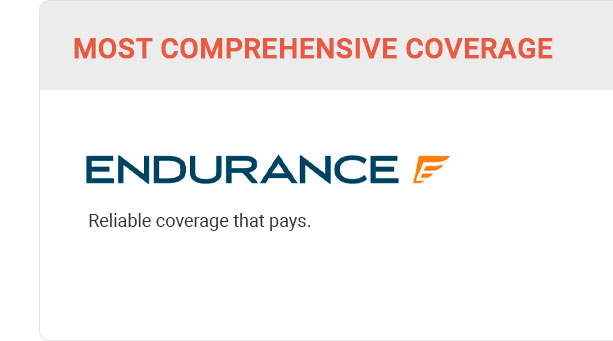 |
 |
 |
 |
 |
 |
 |
 |
 |
 |
|||
 |
 |
|||
 |
 |
|||
 |
 |
|
|||||||
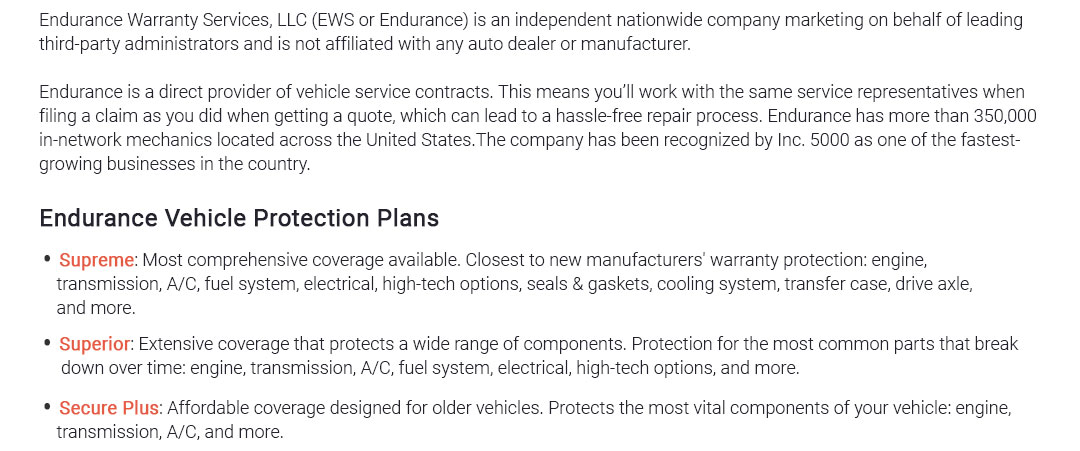 |
|||||||
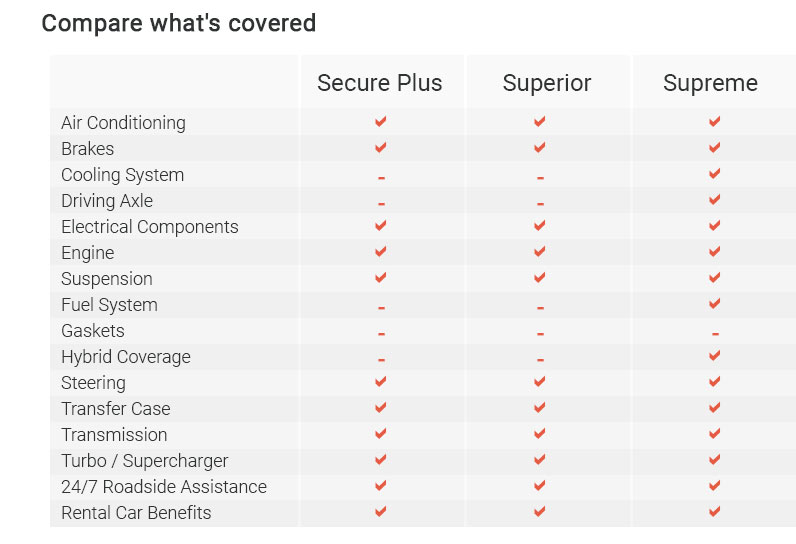 |
|||||||
 |
|||||||
 |
|||||||
|
|||||||
|
||||||
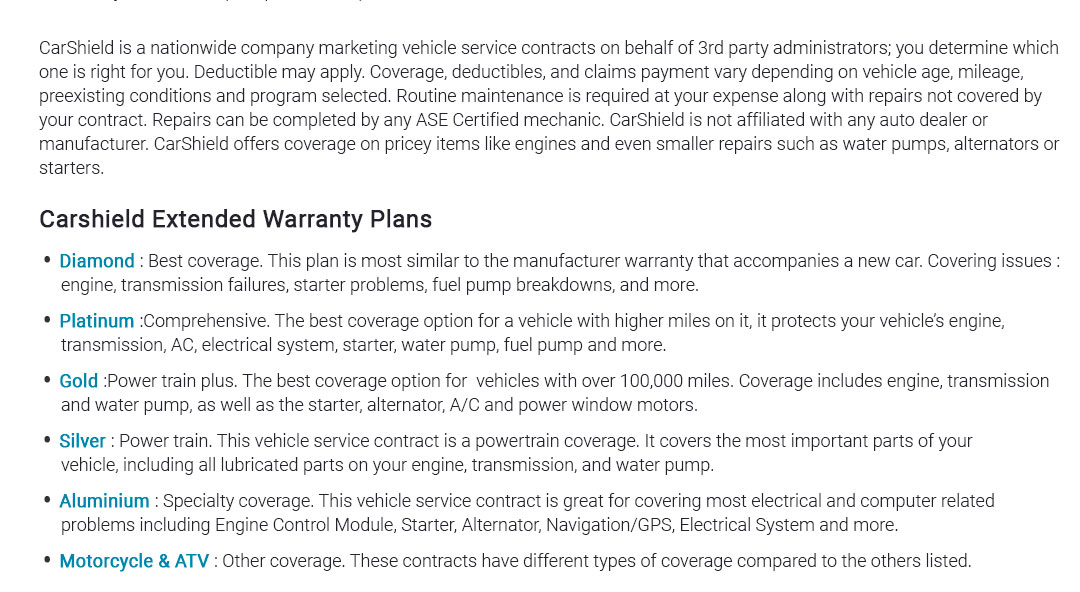 |
||||||
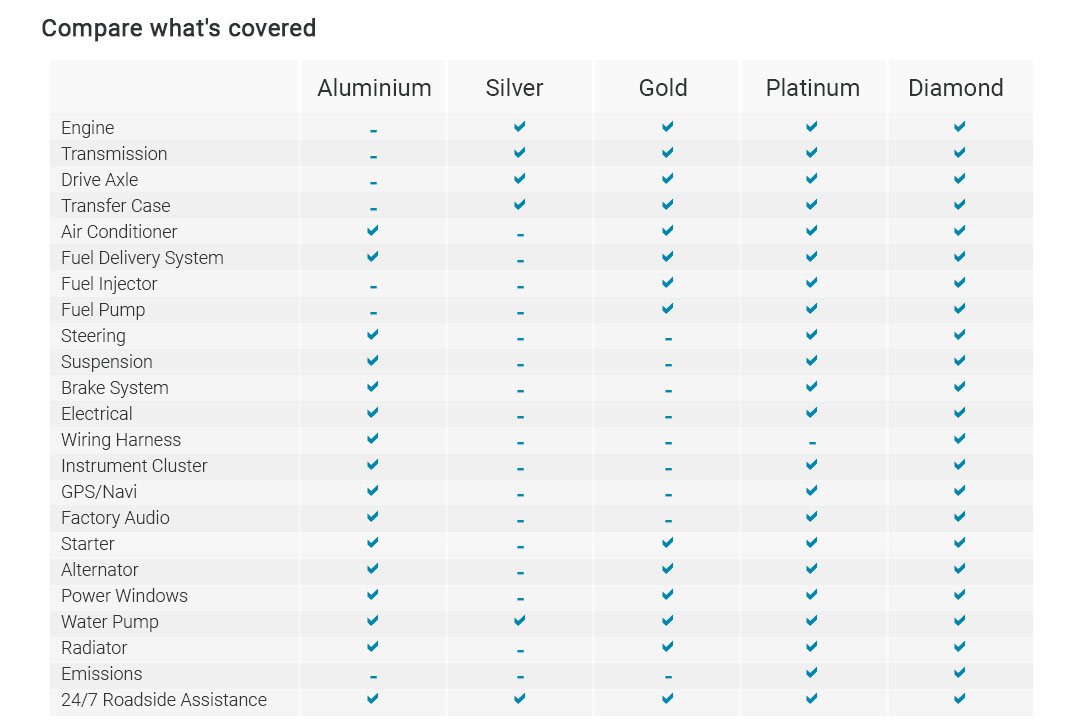 |
||||||
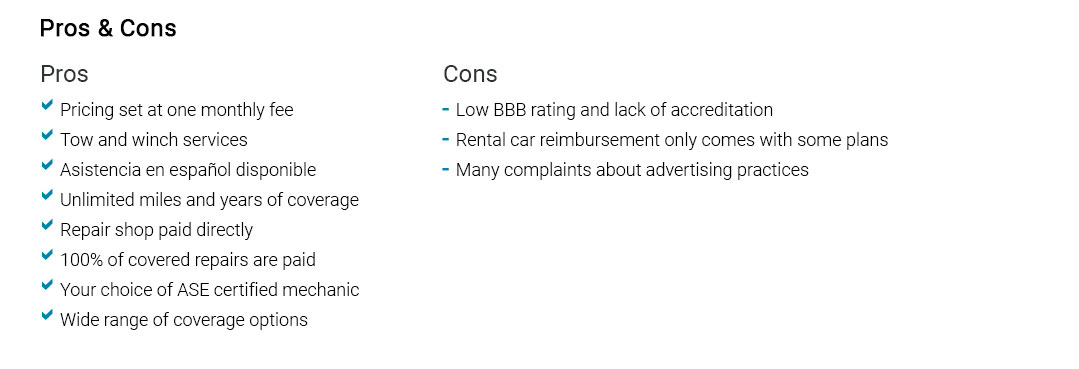 |
||||||
|
 |
 |
 |
 |
 |
 |
 |
|||
 |
 |
|||
 |
 |
Understanding the Average Car Maintenance Cost: Insights and ConsiderationsWhen it comes to owning a car, one of the most frequently asked questions is, 'What is the average car maintenance cost?' This question often arises out of a desire to budget effectively and avoid unexpected expenses. While the exact cost can vary significantly based on several factors, having a general understanding can help car owners plan more efficiently. Let's delve into this topic by examining the key components and influences. Factors Affecting Maintenance Costs: It’s important to note that maintenance costs are not uniform; they fluctuate based on various elements such as the car’s make and model, age, mileage, and how well it’s been maintained. For instance, luxury vehicles tend to have higher maintenance costs due to their specialized parts and service requirements. Similarly, older cars might require more frequent repairs, while newer models generally benefit from warranty coverage, reducing out-of-pocket expenses for the owner. Average Costs and Routine Maintenance: On average, car maintenance costs can range from $500 to $700 annually. This figure primarily includes routine services such as oil changes, tire rotations, brake pad replacements, and other minor repairs. However, it's crucial to understand that this is a ballpark figure and actual costs can vary. For example, oil changes might cost anywhere from $30 to $100 depending on whether synthetic oil is used, and a set of new tires can range from $400 to $800, or even more, depending on the brand and size. Hidden Costs and Unforeseen Repairs: Beyond routine maintenance, unforeseen repairs can significantly impact the total cost of car ownership. Components such as the transmission, suspension, or electrical systems can fail, leading to substantial repair bills. Many car owners opt for extended warranties or maintenance plans to mitigate these unexpected expenses, which can be particularly beneficial for those driving high-mileage vehicles or models known for specific mechanical issues. Strategies for Cost Management: To manage these costs effectively, it’s advisable to follow a proactive maintenance schedule and remain vigilant about any changes in your vehicle’s performance. Regular check-ups can help identify potential issues before they escalate into major problems, saving you both time and money in the long run. Additionally, learning some basic car maintenance skills, such as checking fluid levels and tire pressure, can also contribute to lowering overall costs. This hands-on approach not only empowers car owners but also fosters a deeper understanding and appreciation for their vehicles. Conclusion: While the average car maintenance cost can serve as a useful guideline, it is ultimately shaped by numerous factors unique to each vehicle and owner. By staying informed and proactive, car owners can better navigate the complexities of vehicle maintenance and enjoy a smoother, more cost-effective driving experience. So, whether you’re a seasoned driver or a new car owner, understanding these nuances is key to maintaining both your vehicle and your peace of mind. https://www.aaa.com/autorepair/articles/what-does-it-cost-to-own-and-operate-a-car
Maintenance: $792 per year ($66 per month). While costs vary with the vehicle, modest overall increases in vehicle maintenance come from engines using more ... https://www.kbb.com/car-advice/average-vehicle-repair-costs/
According to recent Kelley Blue Book data, the national average cost for all types of repairs to all makes and models is $838. However, repairing your vehicle ... https://www.consumeraffairs.com/automotive/average-car-maintenance-costs.html
The average car costs around $900 per year to repair and maintain. If that sounds high, don't fret; that number can go way, way down depending on what kind of ...
|



